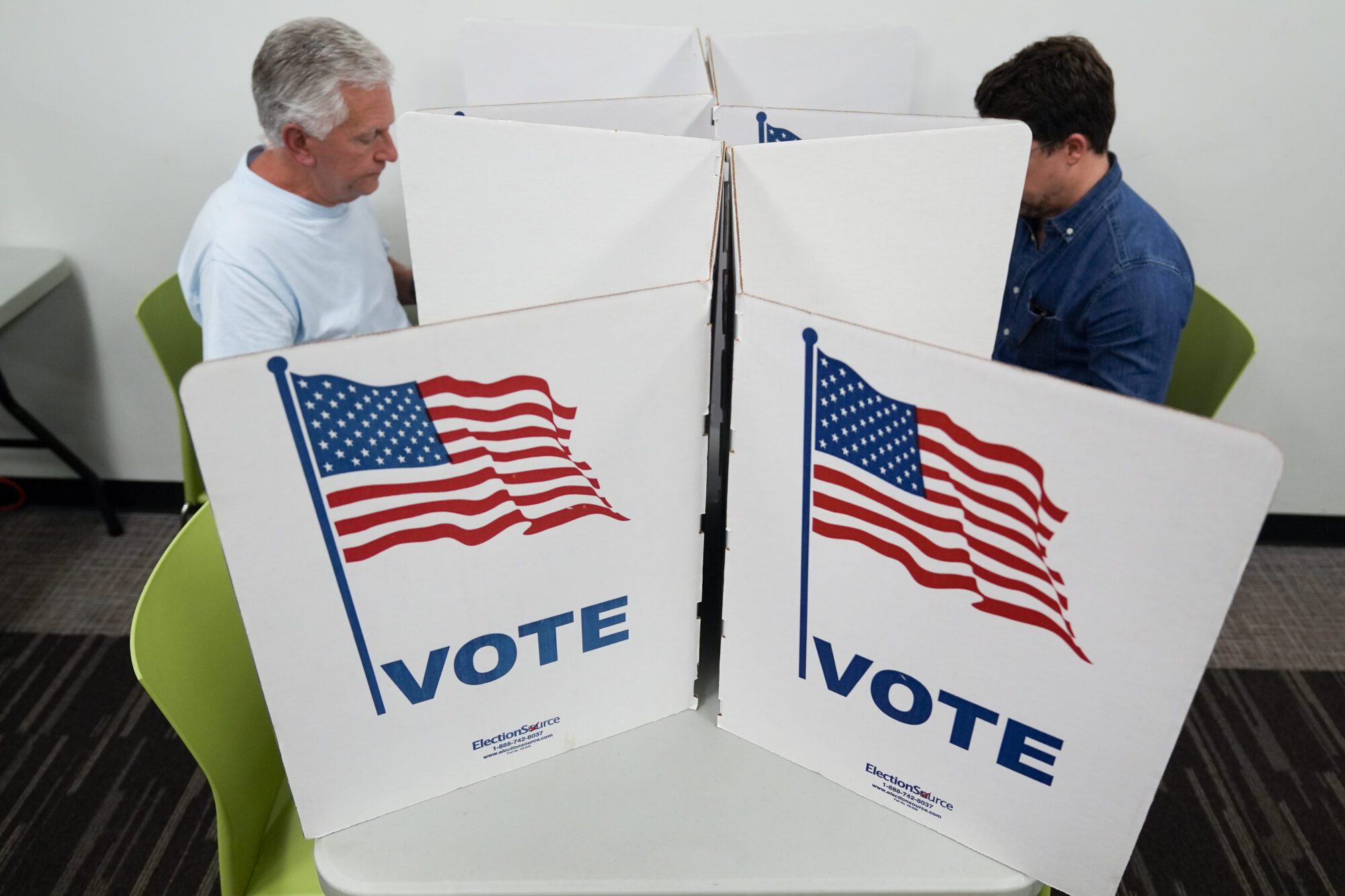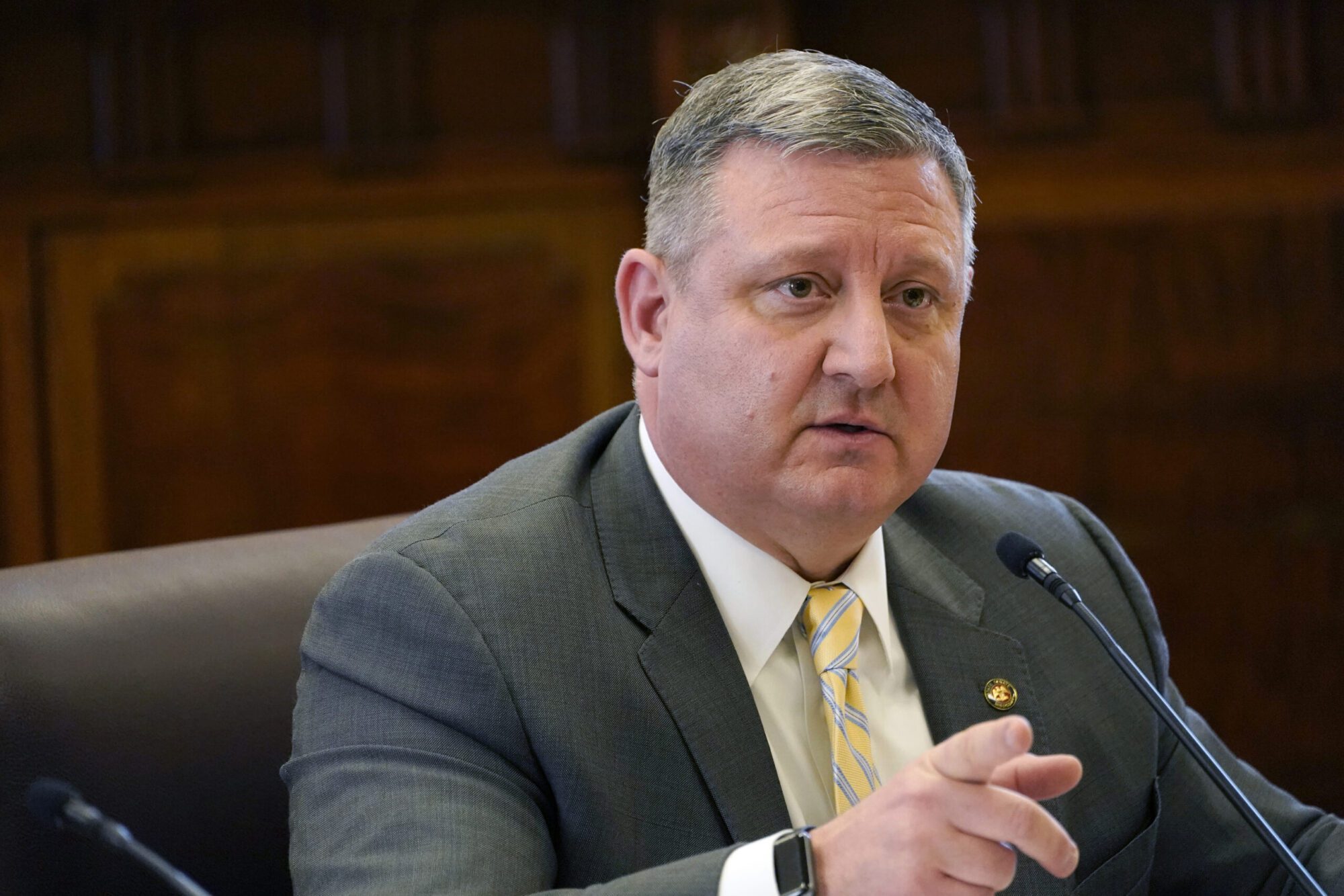
- Wil Ervin writes that unnecessary regulations and flat funding have left a waiting list of students who need a specialized education in Mississippi.
Many children with special needs in Mississippi are stuck in educational settings that aren’t working, and their parents are spending sleepless nights trying to figure out what they’re going to do about it. Often, their only choices are paying for private school or uprooting their lives and moving to another school district. Many can afford neither option.
In Mississippi, there’s a program that was designed to solve this very problem. But unnecessary regulations and flat funding for all but one of the past eight years have left a waiting list of students who need a specialized education but aren’t getting it adequately, if at all, in their current school settings.
Five years ago, Empower Mississippi launched the “Waitlisted” campaign to tell the stories of children with special needs who were trapped on the waitlist for an ESA – many for years. Unfortunately, many students still don’t have access to this program and are, instead, stuck on the waitlist.
An ESA is an Education Scholarship Account, which allows parents of students with special needs to use money appropriated by the legislature to place their child in an education setting that better meets their individual needs. Allowable expenses under the ESA include tuition, tutoring, therapies, and more.
The parents of these children applied for this program hoping to place their child in a better educational setting, but they were forced onto a waitlist until their number was drawn in a lottery to give them access to an ESA. This cost kids years of learning, hindered their growth and development, and broke the hearts of the parents who knew their children’s potential was not being reached.
Because of Empower’s Waitlisted campaign in 2019, lawmakers took notice, and the program was funded to eliminate the ESA waitlist. The ESA distribution process was also restructured to award the scholarships in the order of application rather than in a lottery.
Sounds great, right? Mississippi’s children with special needs and their parents thought so too.
But that funding only lasted one year and, due to political infighting, was reduced to the initial funding level of $3 million, where it has remained.
According to the Mississippi Department of Education, over 300 children with special needs were on the ESA waitlist in September of this year. That’s 100 more than when we launched the “Waitlisted” campaign five years ago. There’s clearly a need that is not being filled, a desire that is not being met. Parents are desperate to take advantage of this program but are instead told they must wait for years to participate.
Two parents we talked with recently said their children would both likely finish school before they reached the top of the waitlist.
When we talk to these parents, their message is often the same: “We want what’s best for our kids, and yet we can’t give it to them. Why do they make it so hard for us to educate our children?” All they are trying to do is get their children an education to help them lead happy, productive lives. And yet, the state continues to roadblock them.
I think about Kelly and Kimberly, who both have children with special needs. Each has applied for the ESA for their children, and both are still on the waitlist.
To make matters worse, a change in the law during this year’s legislative session caused almost half of the children on the waitlist to be kicked off.
This new requirement is that parents must show their children have been accepted into a private school before they can join the waitlist. Those already on the waitlist also had to demonstrate acceptance to a private school. This has created a catch-22 for many, if not most, of these parents, who can’t afford a private school without the ESA but now cannot get an ESA without being accepted into a private school.
While I’m sure the intent of the law was noble, the results have been disastrous. Parents like Anequa recently found their children kicked off the waitlist due to this change.
Despite this, there are still over 150 students who have met the new requirement and remain waitlisted. And we now know this decrease in the number of students on the waitlist isn’t reflective of demand – there are at least 150 more students who were kicked off the waitlist but want to participate in the program.
With adequate funding, many of those students would be given the chance, for the first time, to attend a school that will best enable them to thrive. And, in this case, adequate funding means only an additional $2.5 million in state spending. That’s .05% of the current state portion of K-12 education spending.
Parents of students with special needs have enough on their plates. This program was intended to make their lives easier, not harder. Yet, after navigating the ESA application process, these parents often find themselves no better off than before. They either end up waitlisted for years or kicked off because they can’t pay.
The legislature can fix these issues during the 2025 legislative session. Rather than making things harder on these families, let’s empower them to give their children the education they so desperately want and need.








